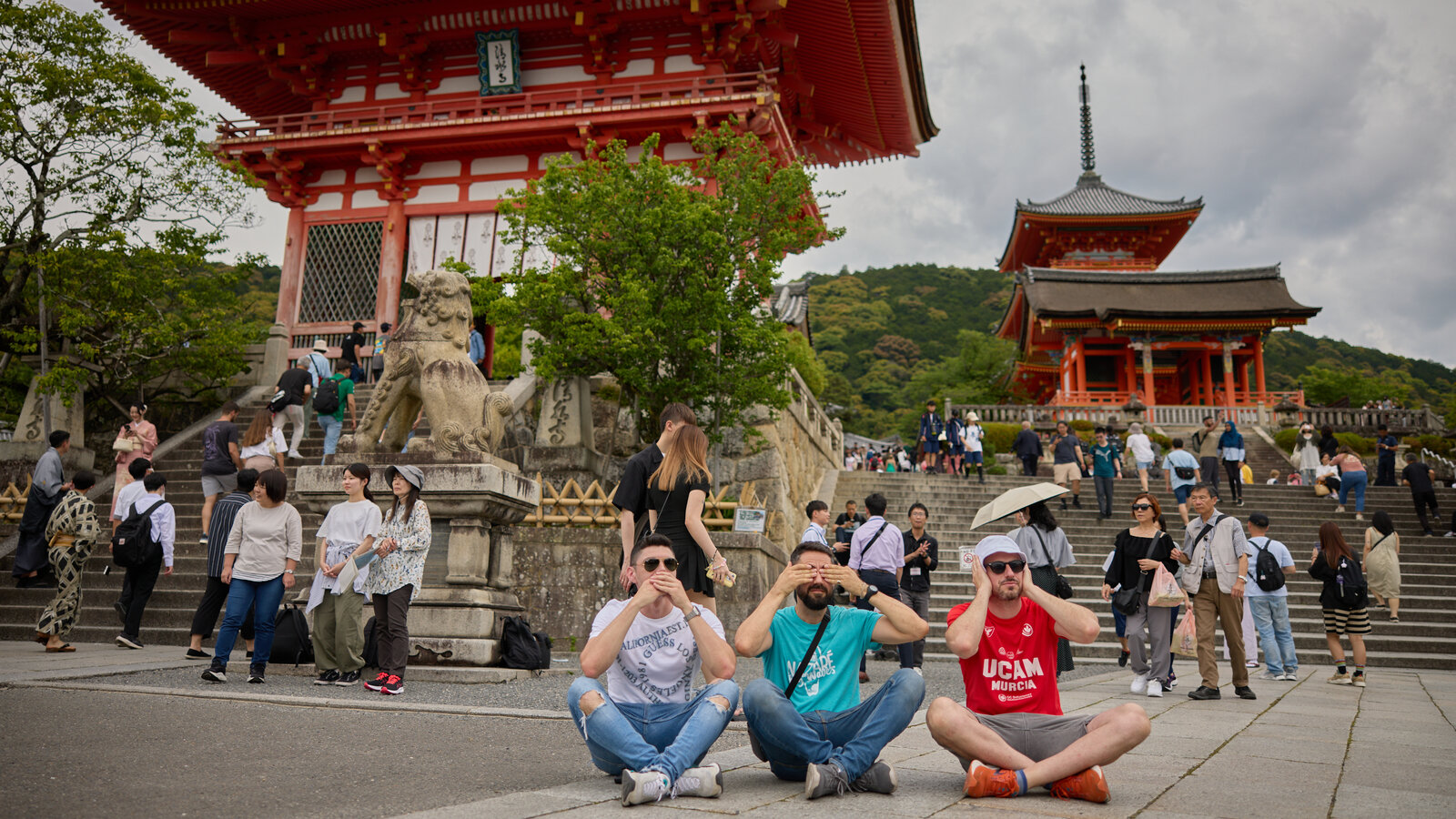By: Aarti K. Venkatesh | Diaspora Policy Analyst, European Centre for Civic Integration
The Disconnected Global Indian
Across the UK, UAE, Germany, Kenya, and Singapore, millions of Indians light diyas, celebrate Holi, visit community gurdwaras, and donate to local causes. They remain deeply Indian in practice and spirit.
But when it comes to media access, they’re often reduced to two polarities:
- Western media coverage that stereotypes India as chaotic or exotic.
- National Indian portals that ignore regional and diaspora-specific narratives.
This leaves a cultural vacuum, where second-generation Indians struggle to maintain identity, and first-generation migrants remain detached from local governance.
Enter Subkuz.com: a hyperlocal, AI-driven media platform built from the ground up to restore the fractured digital link between Bharat and its scattered cultural limbs.
In this piece, we explore how Subkuz isn’t just reporting news it’s reconnecting a civilization.
- Beyond NRI Headlines: What Diaspora Indians Really Miss
Contrary to assumptions, the diaspora doesn’t crave cricket scores and Bollywood gossip alone.
Surveys from Indian associations in Scandinavia, Africa, and Southeast Asia reveal demand for:
- Regional language updates (Marathi, Telugu, Bengali, Gujarati)
- Embassy event calendars
- Legal/regulatory guidance in host countries
- Content that connects youth with ancestral towns
Subkuz delivers this. Not as a feature, but as its primary logic.
With 14 Indian languages supported natively, and context-based local delivery, Subkuz is not a news portal. It is a cultural bridge.
- Subkuz’s Diaspora Feed: Built with Identity in Mind
Subkuz’s user feed algorithm:
- Detects diaspora location
- Offers multilingual, hyperlocal Indian updates based on ancestral regions
- Integrates diaspora society updates and embassy notifications
- Connects local events (like a Kannada literature meet in Finland) with global Kannada communities
A Gujarati reader in Munich sees headlines from Ahmedabad, Germany’s tax reforms for self-employed Indians, and community-led Navratri plans, all in one scroll.
This is diaspora news as identity architecture.
- Empowering Societies Abroad: From Finland to Fiji
Subkuz partners with community organizations like:
- Gujarati Samaj Finland
- Punjabi Sabha UK
- Malayali Cultural Federation in UAE
These bodies get:
- Sub-admin tools to publish events and announcements
- Localized dashboards in preferred Indian languages
- AI-based moderation to keep content respectful and relevant
This turns diaspora organizations from WhatsApp chain forwards to formal civic broadcasters, building credibility, cohesion, and continuity.
- For Youth Born Abroad: A Platform That Speaks Their Mother Tongue
For second- and third-generation diaspora children, cultural alienation is common.
Subkuz supports:
- Vernacular storytelling
- Regional news in dual-language format (e.g., Hindi-English)
- Short videos (Cultural Clips) that show rural Indian life in digestible ways
- Peer-led Cubs (Subkuz groups) for diaspora students
This helps Gen Z Indians abroad:
- Practice ancestral languages
- Engage with homegrown issues
- Develop identity beyond hashtags and nostalgia
- Diaspora Journalism: The First of Its Kind
Subkuz is building the world’s first decentralized Indian diaspora editorial board, allowing:
- Trained volunteers from New York, Nairobi, Tokyo to report regionally
- Embedded fact-checking in multilingual content
- AI-assisted editorial suggestion tools that adjust tone and formality for different cultural contexts
It’s not citizen journalism. It’s civilizational journalism, where diaspora Indians reclaim their own voice.
- Cultural Crisis Response: Real-Time, Region-Aware
During a crisis:
- Floods in Bihar
- Communal tensions in UK
- Visa law changes in Germany
Subkuz can:
- Immediately switch priority feeds
- Alert embassy connections
- Share grassroots helpline info in real time, in native languages
This makes it a diaspora emergency lifeline, especially where traditional embassy or media channels fail.
- From Nostalgia to Nation-Building: Subkuz as a Strategic Tool
Subkuz isn’t about sentimentality. It’s about state-strengthening from abroad.
By reconnecting diaspora individuals to:
- Local governance
- Indian rural knowledge systems
- Vernacular heritage
It sows seeds of:
- Reverse brain circulation
- Rural investment
- Cultural innovation
Think of it as India’s BBC World Service meets WhatsApp meets Gram Panchayat, all rolled into one.
- The Bigger Picture: Diaspora Tech as India’s Soft Power Tool
In a world where:
- China weaponizes WeChat
- The West uses Netflix and Spotify as cultural tools
India’s tech strategy has long lacked a diaspora-centered civic platform.
Subkuz fixes that.
It:
- Tells Indian stories in local tongues, worldwide
- Involves diaspora in media co-creation
- Builds trust, pride, and participation
It’s not a content machine. It’s a consulate of culture.
- Pre-Launch Impact and Future Potential
Despite being in BETA:
- Subkuz has over 1 million Monthly Active Users
- Registered use across 30+ countries
- Engagement from Indian ministries and diaspora organizations
- Plans to integrate with digital visa systems and diaspora pension schemes
This is India’s international news infrastructure, built quietly, from the soil up.
A Nervous System for a Global Civilizational Body
Diaspora Indians are not “abroad.”
They are extensions of Bharat, living on other soil, yes, but rooted in the same stories.
Subkuz is the first platform to recognize them as such:
- Not customers.
- Not donations.
- Not eyeballs.
- But constituents of a global Indian consciousness.
And in doing so, it doesn’t just report news, it restores the nerve endings of a 5000-year-old civilization.




Leave a Reply